Empowering Your Journey: Integrative Approaches to PCOS Treatment with Chinese Medicine
Polycystic Ovary Syndrome (PCOS) is a common hormonal disorder that affects individuals assigned female at birth. While it poses challenges, understanding its symptoms and management options can empower those dealing with this condition.
What is PCOS?
Polycystic Ovary Syndrome is characterized by hormonal imbalances, with key features including irregular menstrual cycles, elevated androgen levels, and the presence of small fluid-filled cysts on the ovaries.
Symptoms:
-
- Irregular Menstrual Cycles: PCOS often leads to irregular or absent periods.
- Hyperandrogenism: Elevated androgen levels may cause acne, excess facial hair (hirsutism), and male-pattern baldness.
- Polycystic Ovaries: The ovaries may appear enlarged with small cysts on ultrasound.
- Insulin Resistance: Many with PCOS experience insulin resistance, raising the risk of type 2 diabetes.
- Fertility Issues: Anovulation (lack of ovulation) can contribute to fertility challenges.
-
Causes:
While the exact cause of PCOS remains unclear, genetic factors, insulin resistance, and environmental influences play a role.
Diagnosis:
Diagnosis involves a combination of medical history, physical examination, hormone tests, and imaging studies (ultrasound).
Impact on Fertility:
PCOS is a leading cause of infertility due to irregular ovulation. Fertility treatments may be recommended to assist those trying to conceive.
Management and Treatment:
-
- Lifestyle Changes: A healthy diet, regular exercise, and weight management can improve symptoms and overall health.
- Hormonal Birth Control: Oral contraceptives can regulate menstrual cycles and reduce androgen levels.
- Fertility Medications: For those trying to conceive, medications may be prescribed to induce ovulation.
- Insulin-Sensitizing Medications: Metformin can improve insulin sensitivity.
- Emotional and Psychological Support: Coping with PCOS may involve emotional support and stress management.
-
Living with PCOS:
Navigating life with PCOS involves regular monitoring, adapting to lifestyle changes, and seeking professional guidance. Connecting with support groups can provide a sense of community.
While PCOS presents challenges, awareness, early diagnosis, and effective management can significantly improve the quality of life for individuals affected. Seeking guidance from healthcare professionals and adopting a proactive approach to lifestyle changes contribute to a positive journey with PCOS.
Chinese medicine: including acupuncture, offers a holistic approach to treating Polycystic Ovary Syndrome (PCOS). The treatment aims to address the underlying imbalances in the body’s systems, such as hormonal disturbances, menstrual irregularities, and metabolic issues. Here’s how Chinese medicine and acupuncture may help manage PCOS:
Regulating Menstrual Cycles: Chinese herbal medicine and acupuncture can help regulate menstrual cycles by promoting blood circulation and balancing hormones. Specific herbal formulations and acupuncture points are selected based on individual diagnostic patterns.
Harmonizing Hormones: Chinese herbal medicine contains various herbs with properties that can help balance hormones, including those involved in PCOS, such as estrogen, progesterone, and androgens. Acupuncture may stimulate specific points related to hormonal regulation.
Reducing Androgen Levels: Some Chinese herbs and acupuncture points have been shown to reduce elevated androgen levels associated with PCOS, thereby alleviating symptoms like acne and hirsutism.
Improving Ovulation: Acupuncture may help improve ovarian function and promote ovulation in women with PCOS. Certain acupuncture points are believed to regulate the hypothalamic-pituitary-ovarian axis, which controls reproductive hormone levels.
Enhancing Blood Circulation: Chinese herbal medicine and acupuncture can improve blood circulation to the reproductive organs, promoting the health of the ovaries and uterus. Better blood flow may also help reduce the formation of ovarian cysts.
Managing Insulin Resistance: Some Chinese herbs and acupuncture points have insulin-sensitizing properties, which can help improve insulin resistance, a common feature of PCOS. Better insulin sensitivity may lead to more balanced hormone levels and improved metabolic health.
Stress Reduction: Stress management is an essential aspect of Chinese medicine treatment for PCOS. Acupuncture and Chinese herbal medicine can help reduce stress levels and promote relaxation, which may have a positive impact on hormone balance and overall well-being.
Lifestyle Recommendations: Chinese medicine practitioners often provide dietary and lifestyle advice tailored to the individual’s constitution and pattern of disharmony. This may include recommendations for dietary changes, stress reduction techniques, and appropriate exercise.
It’s important to note that Chinese medicine treatment for PCOS is individualized, with treatment plans based on each person’s unique pattern of disharmony. Therefore, it’s essential to consult a qualified Chinese medicine practitioner who can provide personalized care and guidance. Additionally, Chinese medicine treatment may be used in conjunction with conventional medical approaches to PCOS for comprehensive management.
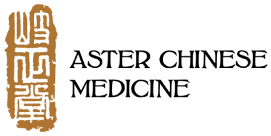

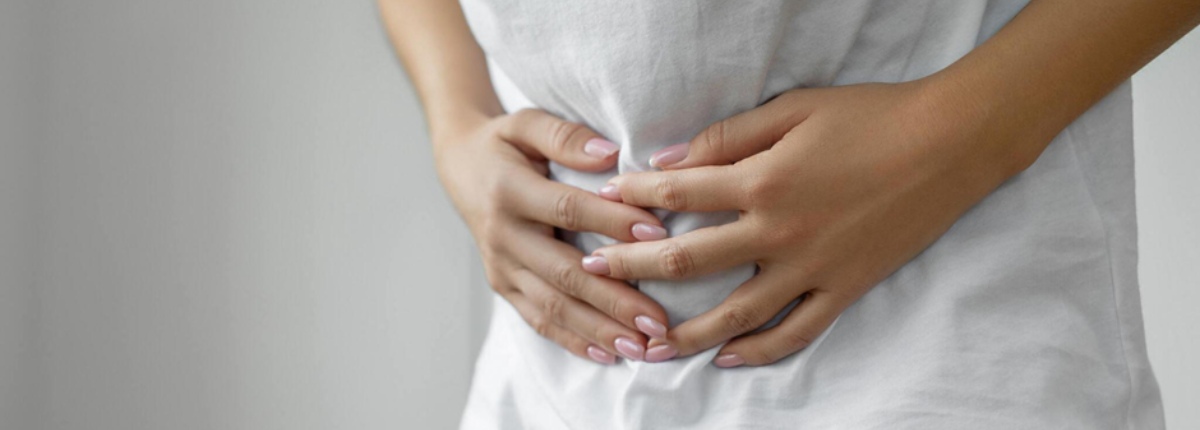

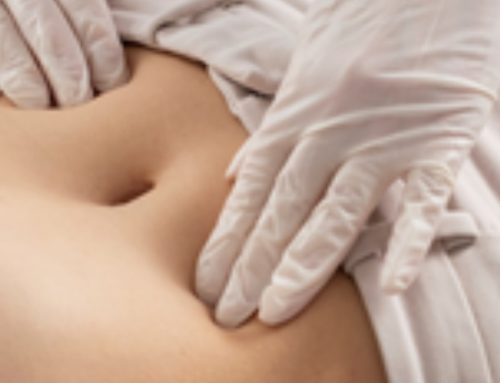






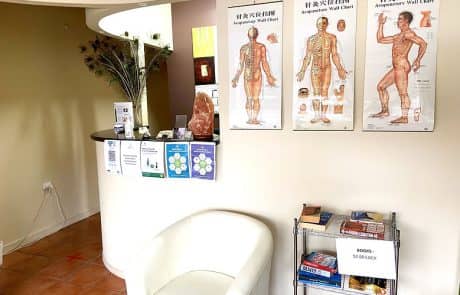
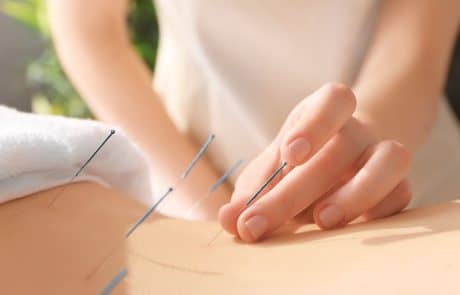




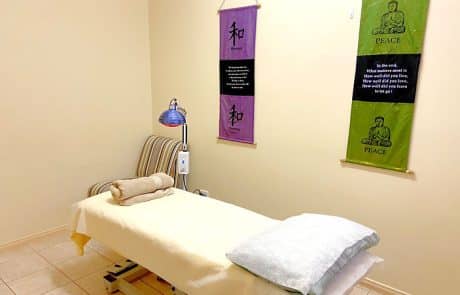
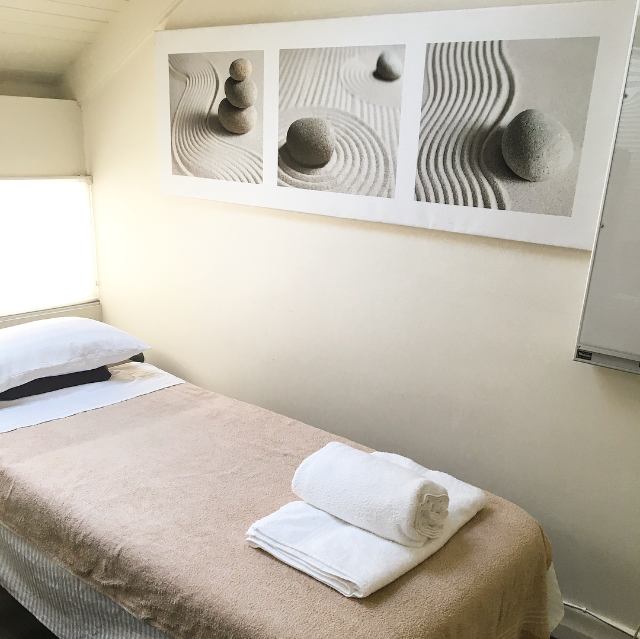



Leave A Comment